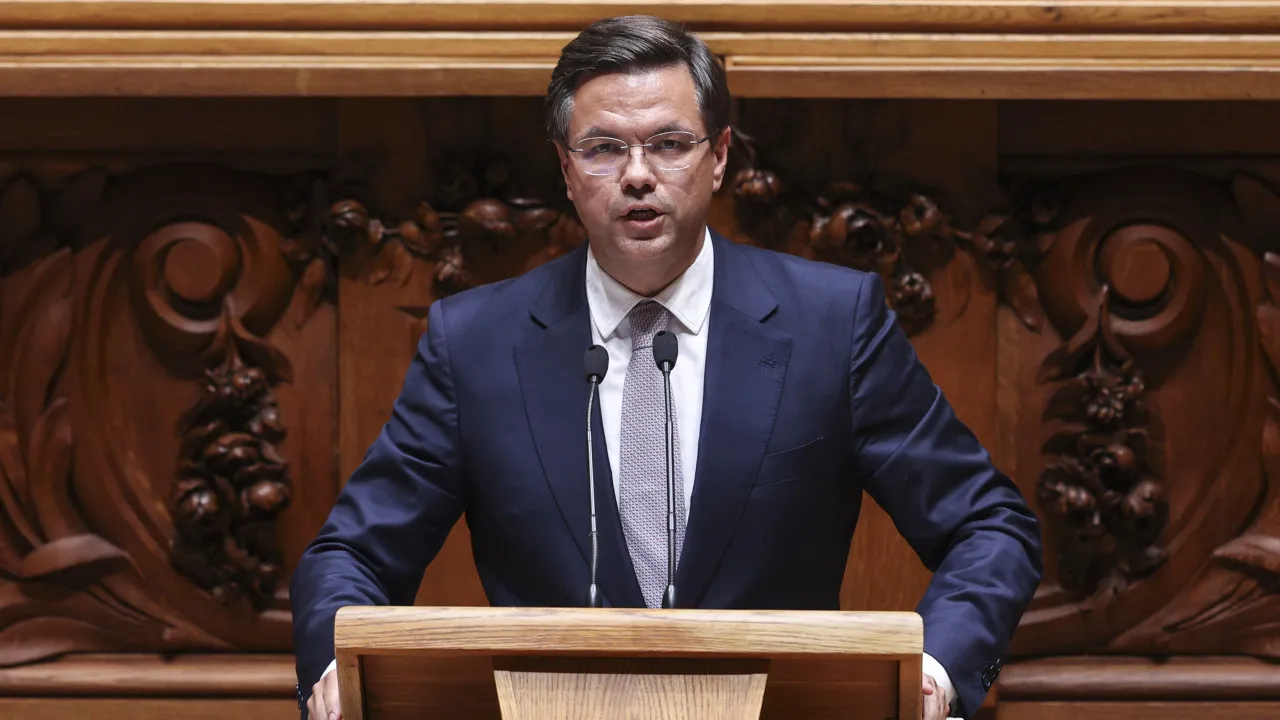
“No government modernization plan will be complete without valuing its workers,” stated the Minister of State and Public Administration Reform during a parliamentary debate on the government’s program.
Gonçalo Matias expressed the government’s desire for a “demanding but fair public service” that “recognizes merit” and attracts qualified young professionals. Although he, like the Minister of the Presidency, dismissed the possibility of layoffs.
“The resources freed by this reform will be used precisely to invest in the people who keep the state functioning and who are often victims of the bureaucracy we are combating. We do not want to reduce employees, we want to reduce bureaucracy,” he affirmed.
The official also noted that “this cannot be just a technical reform,” but “a national mission,” acknowledging it is “not an easy task.”
Matias further detailed that the state reform will be based on “four fundamental principles: simplification, digitalization, coordination, and accountability,” while also highlighting some measures outlined in the government program, like the review of public procurement regimes and audits by the Court of Auditors, as well as measures to expedite licensing procedures.
“This reform requires eliminating common-sense absurdities, merging overlapping entities, and removing redundancies, dissolving organisms whose existence is not well-founded, and freeing up the state machinery to respond quickly, practically, and productively to real people’s problems,” he added, emphasizing that digitalization will be “the main tool for this change.”
The minister stated that there is a need for a public administration that “stops passing problems between services,” highlighting the necessity for a “cultural change.”




